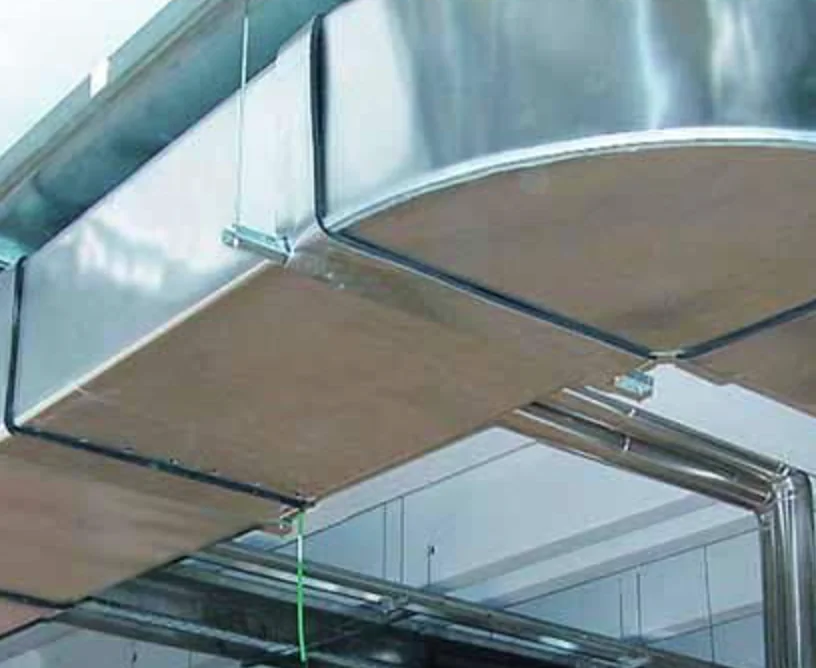The air you breathe indoors can be just as polluted as the air outside. Mold, volatile organic compounds, formaldehyde and substances emitted by chemicals used for cleaning undermine our health. In some cases, natural indoor ventilation is the simplest and fastest solution to indoor pollution, but in other cases, opening windows creates nothing more than a privileged entryway for smog, outside pollutants and noise. In addition, in summer and winter, when the temperature is very high or low, this operation is reduced to the minimum necessary to reduce heat loss. You can find out more about ventilation systems here.

Technologies come to meet us with mechanical ventilation systems, which have a number of advantages. These systems ensure a constant exchange of indoor air even when windows are closed, maintaining low and largely constant humidity values, thereby reducing the risk of mold formation with subsequent health, economic and energy benefits.
Main advantages of mechanical ventilation systems
The advantages of controlled mechanical ventilation systems include:
Moisture protection:
-preventing mold growth
-preservation of the building structure
Welfare:
-well-being thanks to clean air entering the house
rooms for allergy sufferers thanks to highly efficient filters
-elimination of drafts caused by opening windows
Acoustic improvement:
-avoids external noise
-almost silent operation, also suitable for the sleeping area
Energy saving:
-no heat loss due to opening windows
-low power consumption
The advantages of mechanical ventilation systems have made them very well known, especially with the proliferation of passive houses and their need to guarantee constant air exchange with the lowest possible energy expenditure. Although during seasons with extreme temperatures when the HVAC system is running, it is not recommended to open windows to avoid energy dissipation and loss, typically during spring and fall days when the system is off.



